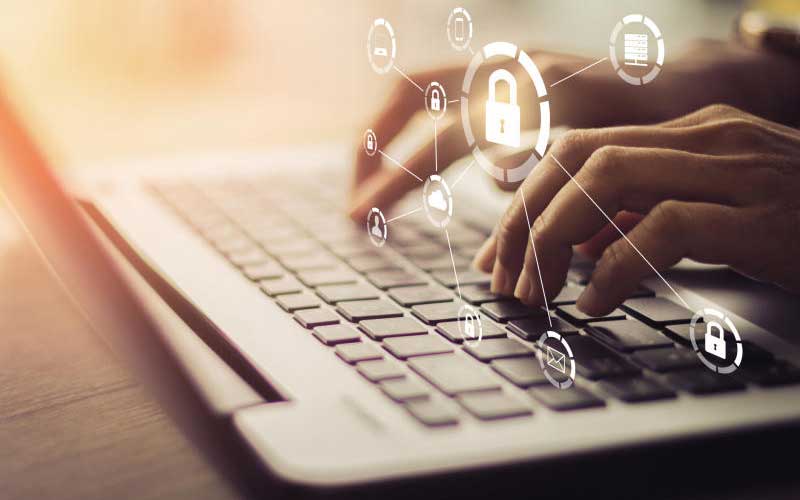×
The Standard e-Paper
Stay Informed, Even Offline

If the reactions are anything go by, the news that the State demanded private information about Kenyans from social networking giant Facebook is highly unwelcome.
In a recently released transparency report, Facebook said it had seen a spike on such requests from Kenya in the first half of 2019.